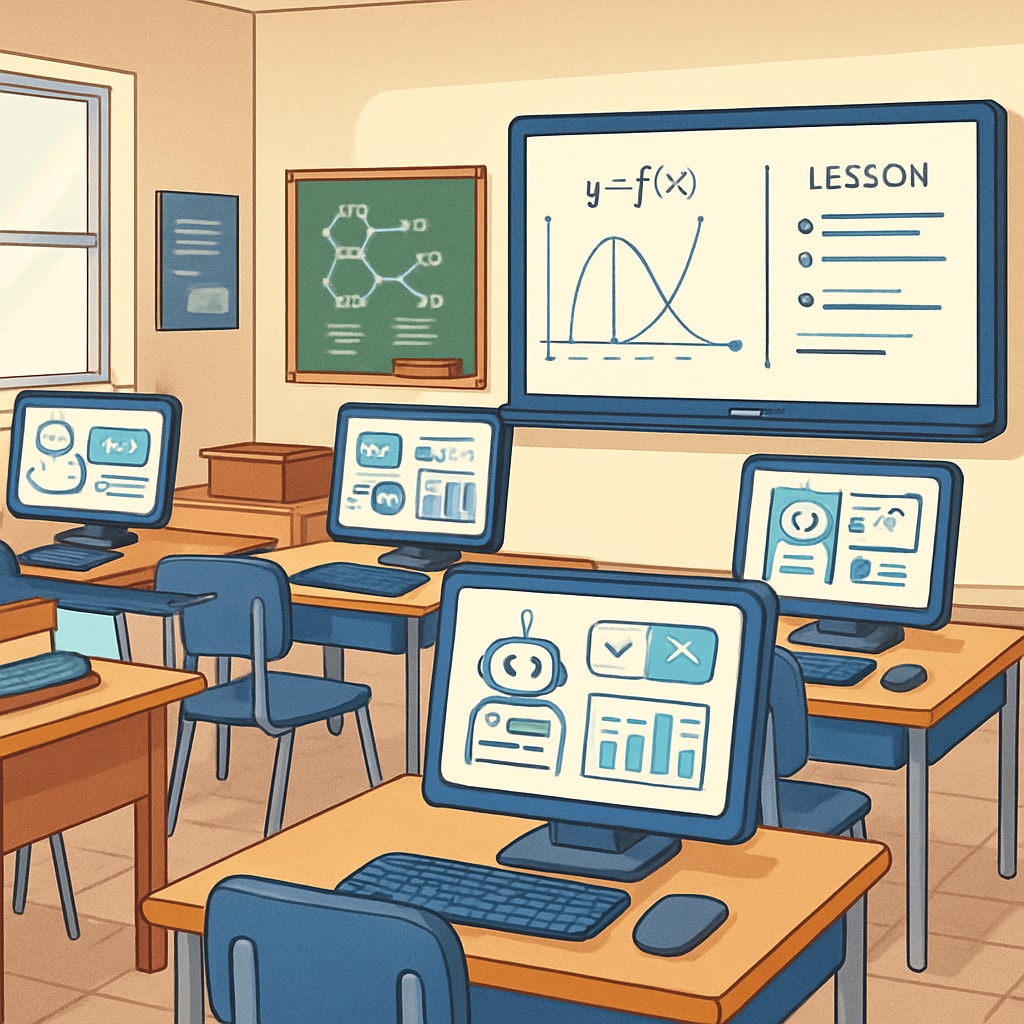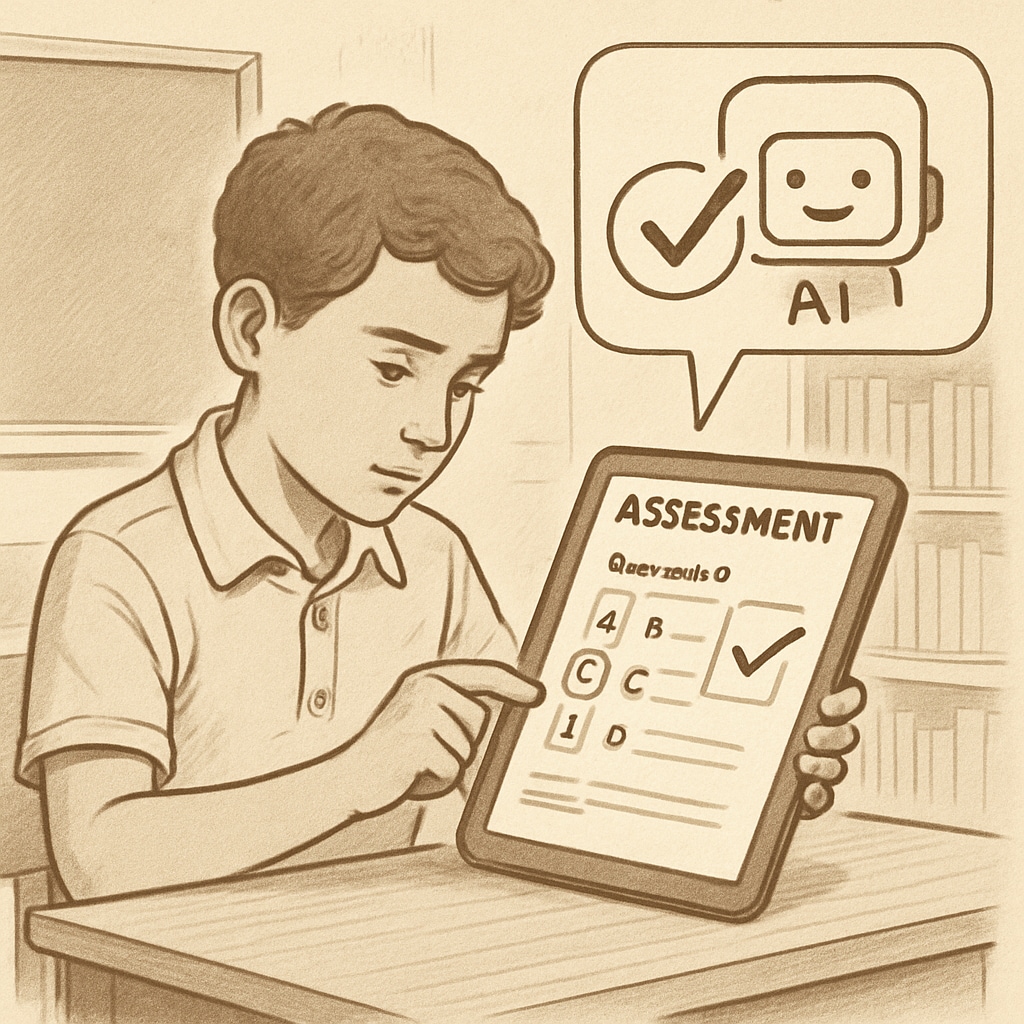Artificial intelligence in education is reshaping classrooms, paving the way for future education trends and advancing education technology at an unprecedented pace. From personalized learning experiences to automated assessment systems, AI-driven tools are transforming K12 education by redefining teaching and learning methodologies. As schools and educators navigate this technological shift, understanding the implications and opportunities of AI integration becomes paramount.
Personalized Learning: A Key Outcome of AI in Education
One of the most significant contributions of artificial intelligence to K12 education is personalized learning. By leveraging AI algorithms, educators can tailor lesson plans, assignments, and learning pathways to meet the unique needs of individual students. For example, adaptive learning platforms can analyze student performance and suggest resources or exercises that align with their skill levels.
Moreover, AI-powered tools such as intelligent tutoring systems provide real-time feedback, ensuring that students can grasp complex concepts at their own pace. This approach not only improves learning outcomes but also fosters greater engagement and motivation among students.

Smart Assessment Systems: Revolutionizing Evaluations
Traditional assessment methods are often time-consuming and prone to bias. AI technology offers a solution through smart assessment systems that automate grading and provide data-driven insights. These systems can evaluate written assignments, quizzes, and even complex problem-solving tasks with remarkable accuracy.
In addition, AI enables formative assessments, which track student progress over time rather than relying solely on summative evaluations. This continuous feedback loop helps educators identify learning gaps early and implement targeted interventions.

Challenges in AI Integration for K12 Education
While the benefits of AI in education are undeniable, its implementation comes with challenges. One major concern is the digital divide, as not all schools have access to the resources needed for AI adoption. Additionally, data privacy and security issues arise when handling sensitive student information.
Another challenge is ensuring that AI complements rather than replaces human educators. Teachers play a critical role in fostering social and emotional learning, which cannot be entirely replicated by machines. Therefore, successful AI integration requires a balanced approach that combines technology with human expertise.
Future Opportunities: The Path Forward
Looking ahead, the future of AI in K12 education holds immense promise. As technology evolves, we can expect more sophisticated AI systems capable of handling complex tasks, such as facilitating collaborative learning environments. Virtual reality (VR) and augmented reality (AR) powered by AI may also become integral to classroom experiences, offering immersive educational content.
Furthermore, AI can support inclusive education by addressing the needs of students with disabilities. For example, speech recognition tools and language processing systems can assist students with communication challenges. By embracing these advancements, schools can create equitable learning opportunities for all.
Readability guidance: This article uses short paragraphs, avoids excessive passive voice, and incorporates transition words for smooth navigation. Lists and images are strategically placed to enhance comprehension.


